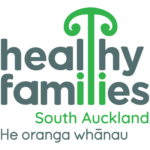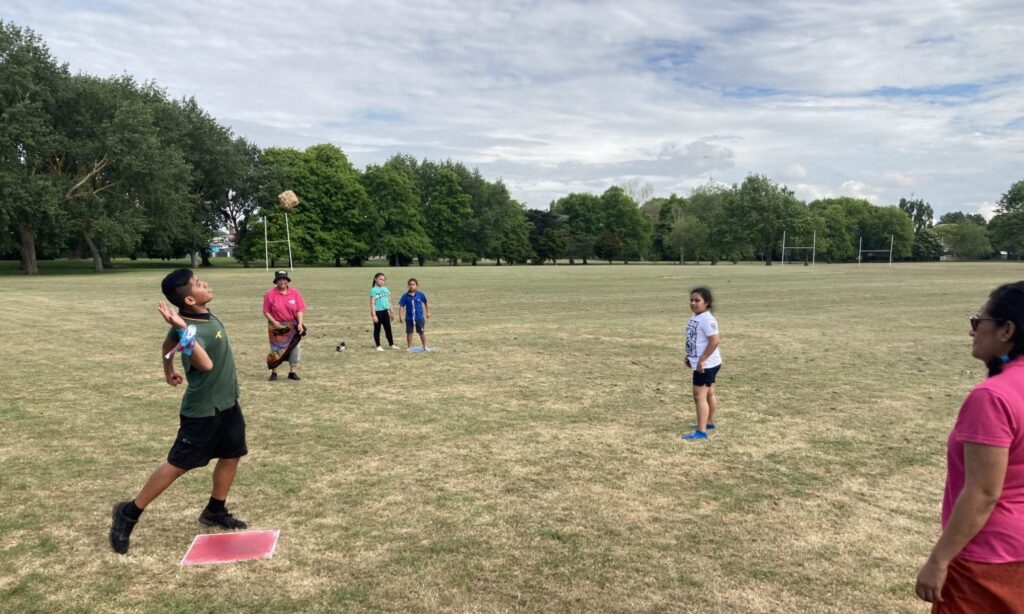
Mataliki Tokelau Akoga Kamata in Māngere East is a Tokelau language preschool whose mission is to ensure Tokelauan language is to be spoken, encouraged, and nurtured for their children.
As part of the celebrations for Tokelau Language Week, 25 – 31 October, staff and their kāinga (family) played Ano, a Tokelau traditional game.
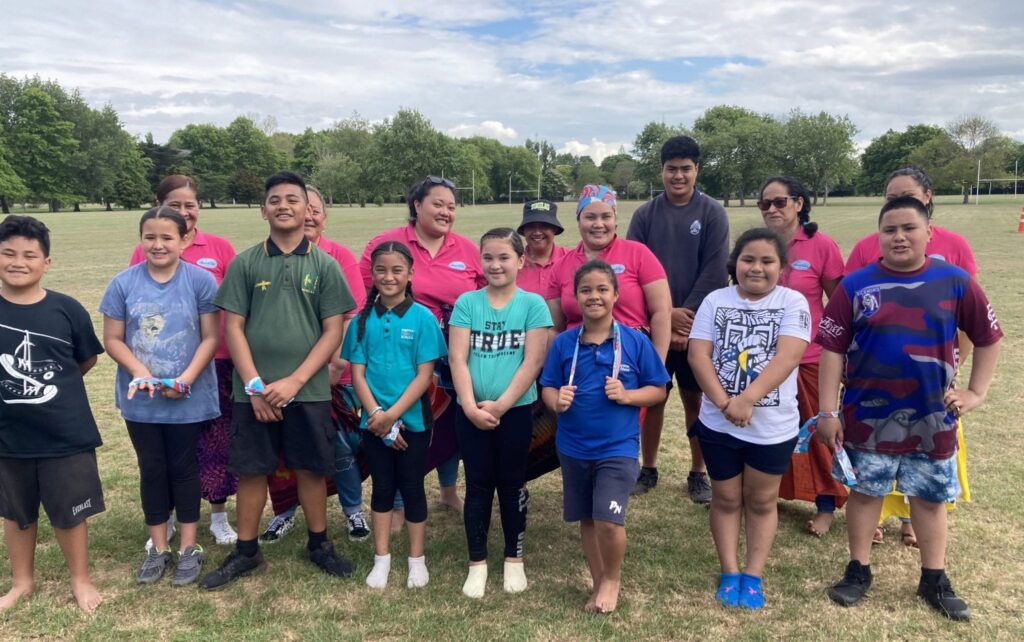
Siniva Faikupega Foua is a teacher at the Mataliki Tokelau Akoga Kamata and instructed the playing group on the objective and rules of the game.
She first played Ano in Tokelau, typically it was played with family, friends as well as at school, where it was encouraged to be played by teachers.
“Ano is the Tokelau version of baseball but there is no bat or ball. We use our hand to hit the lape and run to each umu, which there are four in total” says Siniva.
“In Tokelau, I played it in Fakaofo, one of the atolls. It’s a fun game to play because you get to exercise and do physical activity and you get to enjoy it together with family and friends.”
The rules of Ano are like baseball, there’s a fielding team and batting team. The team fielding tries to get the other team out before they chase score set by the batting team.
Fielders can catch the lape (weaved ball) that has been hit, or they can throw the lape try to hit the ‘batter’ running in between the bases to hikoa (home run).
The lape is unique to Tokelau culture and is made of Pandanus leaves (screw pine).
“We remove Pandanus leaves from the tree and then cook it before drying it in the sun. The brown colour of the lape comes from the drying process because it’s in the sun for so long. Ladies in the villages then weave it to make a lape,” says Siniva.
“It’s hard to play with the lape when it’s wet or on a rainy day. It can be hard to hit as its heavier when wet, which means it can hurt a little when the lape is thrown at runners.”
The team with the most hikoa at the end of the game is the winner.
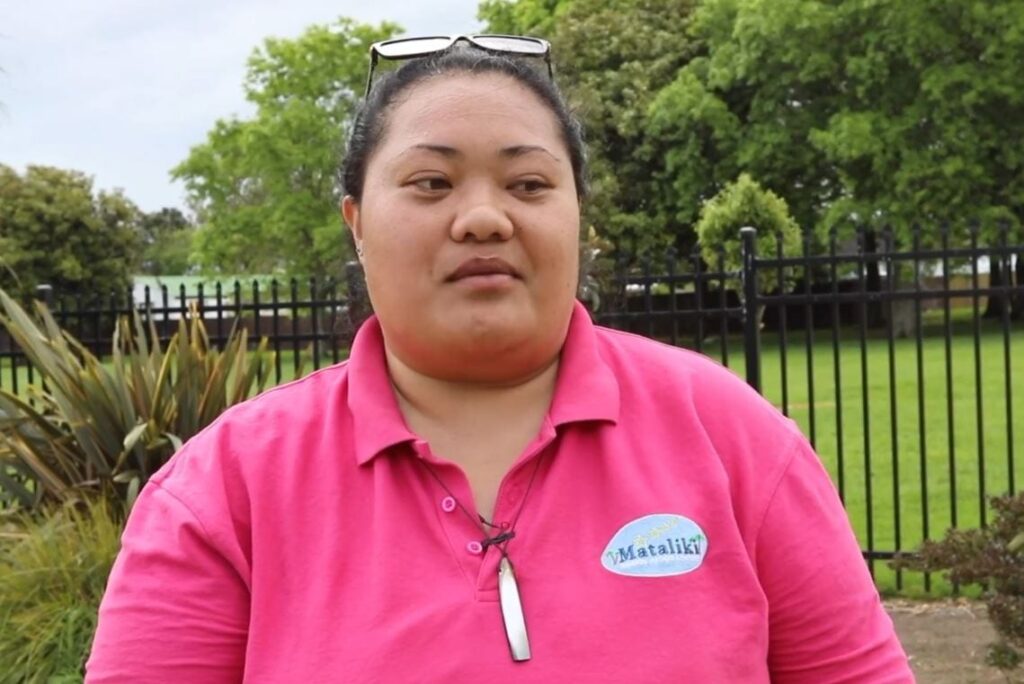
The Village Games Movement is a Healthy Families South Auckland initiative that is utilised to begin conversations with Māori and Pacific people about their lived experiences in Aotearoa and the barriers they face to being active.
“The Village Games movement has highlighted that the benefits of playing traditional games are multi-faceted. Pacific and Maori communities can learn and teach their language and culture as well as stay connected to their heritage and family in a fun and active environment,” says Fila Fuamatu, Lead Systems Innovator, Healthy Families South Auckland.
“There is a real sense of pride in people playing their traditional games. It evokes strong memories and emotions for people who grew up playing it back in their homeland or even in Aotearoa in a church or family environment. It’s great to see our community knowledge holders encouraged to share the traditional games with the next generation of young people otherwise they may be lost.”
For more information about the Village Games Movement, contact Fila Fuamatu – fila.f@thecausecollective.org.nz
